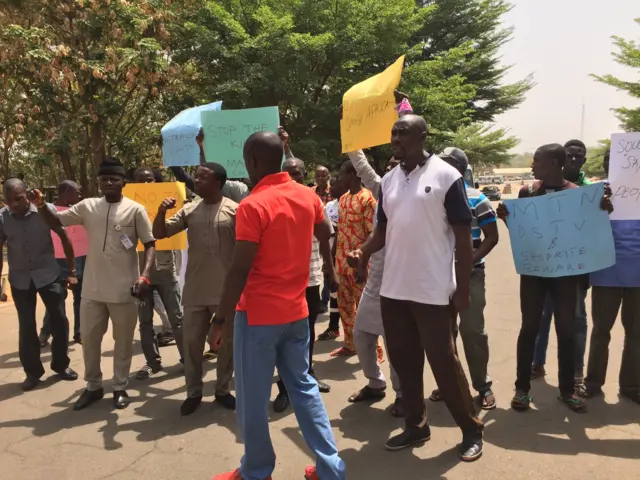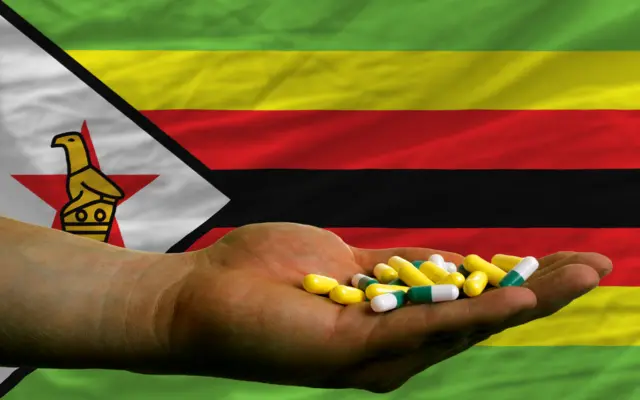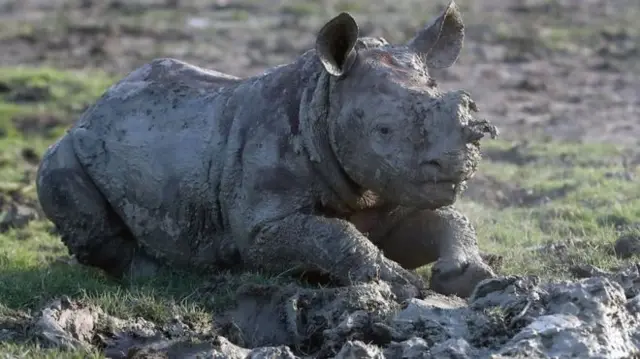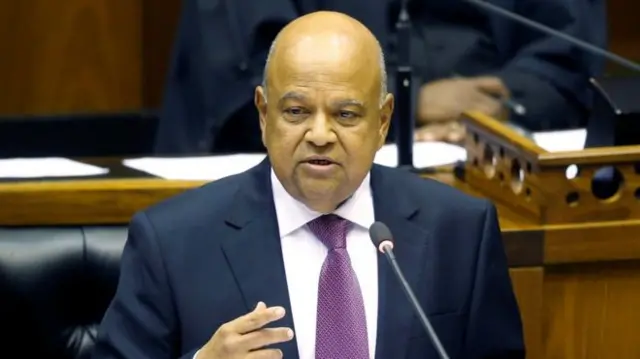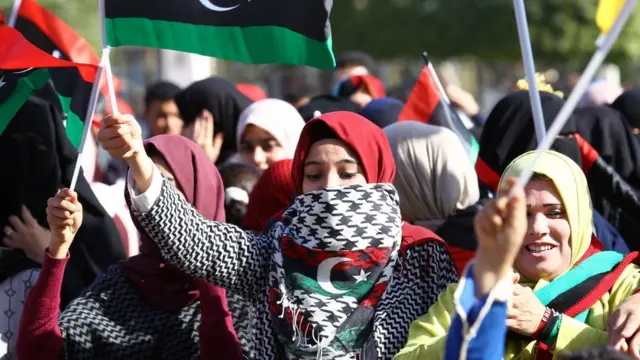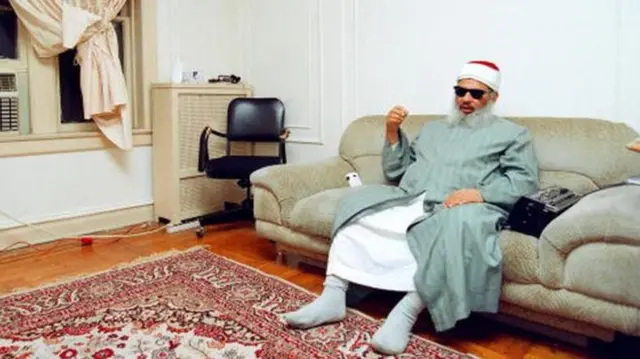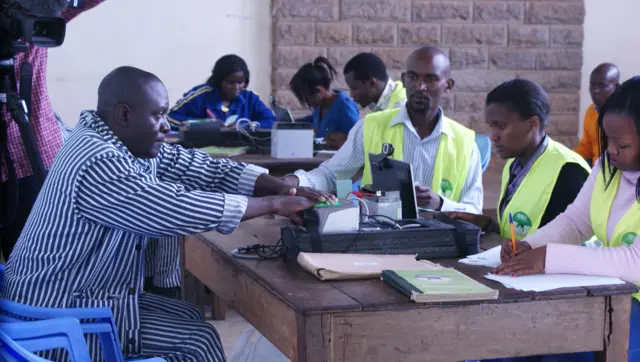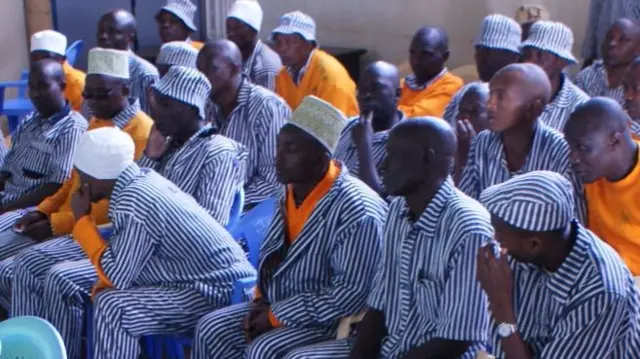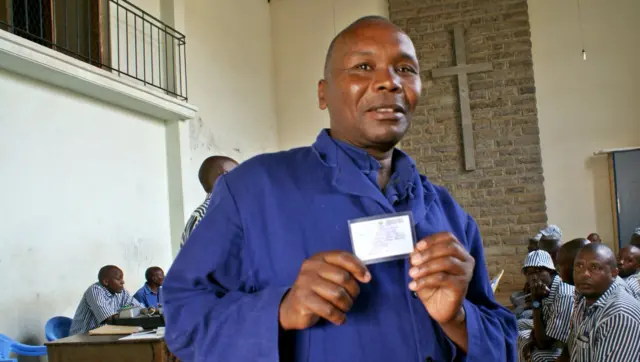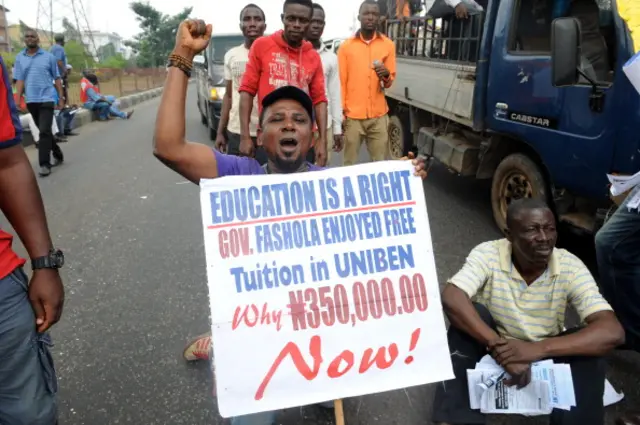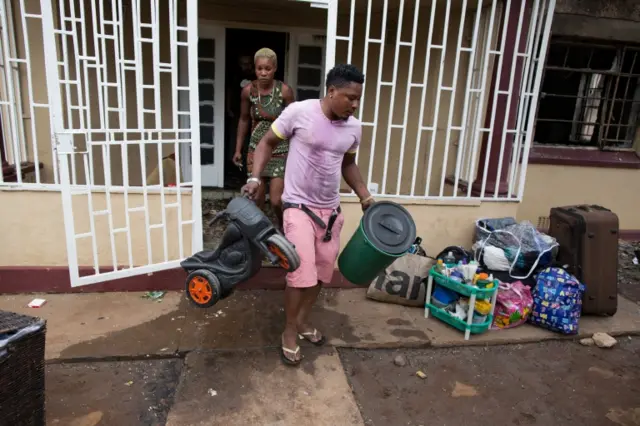Scroll down for Wednesday's storiespublished at 18:31 GMT 22 February 2017
We'll be back tomorrow
That's all from the BBC Africa Live page today. Keep up-to-date with what's happening across the continent by listening to the Africa Today podcast or checking the BBC News website.
A reminder of today's proverb:
Quote MessageWhen the farm owner is slow to catch the thief, the thief calls the farm owner ‘thief’."
A Yoruba proverb sent by Abubakar Mohammed Sani in Serdang, Malaysia
Click here to send us your African proverbs
We leave you with this photo of a group of men engrossed in a draughts board game in Ghana's capital, Accra:
Allow Instagram content?
This article contains content provided by Instagram. We ask for your permission before anything is loaded, as they may be using cookies and other technologies. You may want to read Meta’s Instagram cookie policy, external and privacy policy, external before accepting. To view this content choose ‘accept and continue’.


